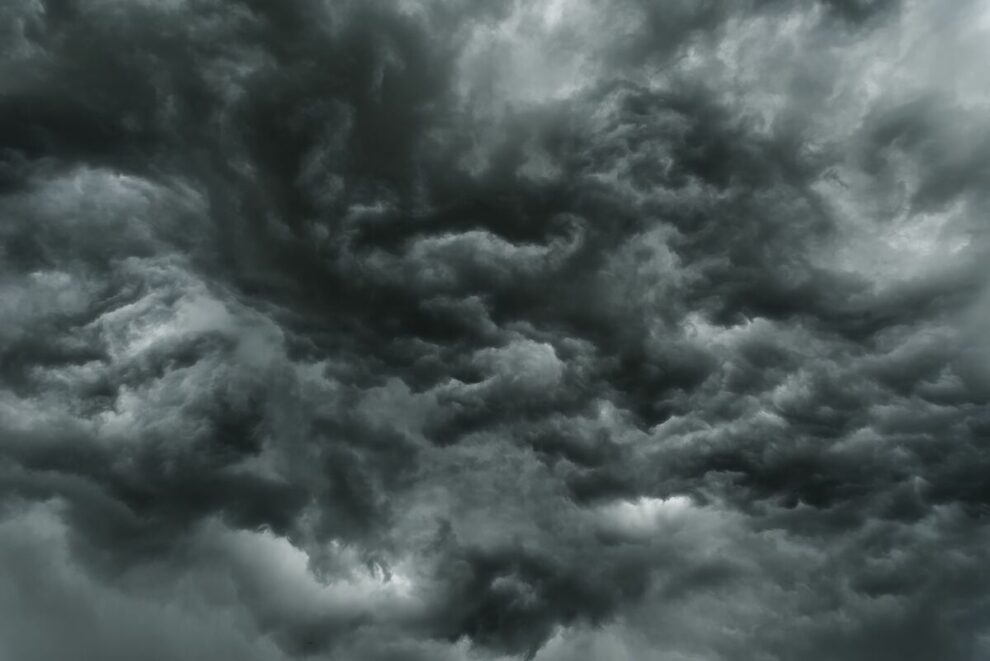A team of American climate scientists led by Jessica Weinkle of the University of North Carolina has developed a novel theory regarding the connection between climate change and hurricanes. While their work is not yet peer reviewed, the results are statistically significant and, if confirmed, may go a long way to clearing up this complex puzzle. As we have noted many times, hurricane activity is not increasing, yet many scientists think it should be due to climate warming. What could explain this discrepancy? According to Weinkle and her coauthors, based on an analysis of dozens of studies by over 300 scientists published over the past 20 years, the mechanism appears to be... whether the author of a study gets funding from an NGO or not.
Yes, the authors found “Non-governmental organization (NGO) funding was a significant predictor for an article to find a positive association between climate change and geophysical characteristics of hurricanes.” The effect was large and statistically significant.
It sounds awkward. Funding influencing results? Surely that only happens when “deniers” get it from “Big Oil”. And, some may cry, it can’t be a problem here because scientists are required to disclose conflicts of interest… aren’t they?
Er, well, yes, they are supposed to. But Weinkle and her team noticed that of the 331 authors whose work they examined, not one declared a conflict of interest (COI). Not one.
They were all asked to do so by the journals that published their research. Nudge wink. But in every case they said they had none. Nothing to see here, folks?
Or is there? Weinkle retorts that by doing a bit of digging her team found plenty of plain-sight evidence of lots of COIs, including scientists serving on boards of advocacy groups, advising insurance companies that have an incentive to claim storm damages are increasing, etc. They also noted that in medical science, where there are public registers of payments by pharmaceutical companies to doctors, COI declarations occur in 17 to 33% of studies, so it stands to reason at least some of the pristine climate scientists weren’t reporting their connections. And evidently the journals weren’t exactly checking rigorously.
P.S. They also found that if the lead author was a university-based academic the study was more likely to make a policy recommendation. Professors do love to tell people what to do. Unless, apparently, it’s adhere to ethical guidelines properly in the paper we’re writing together for NGO cash.



Well it's that just the truth of if!
Example: the hurricane information coming from NOAA 's home office says; there is no significant increase in frequency or intensity of hurricanes over the last 50 years. (2022)
Yet, recently out of the NOAA branch offices in Florida they say: we have seen a increase in the frequency and intensity of hurricanes in the last 10 years. (2024)
Wait. Two totally different reports from the same organization? What's up with that?
I'm sure CDN has access to more information than I. Maybe a topic in a future readout?